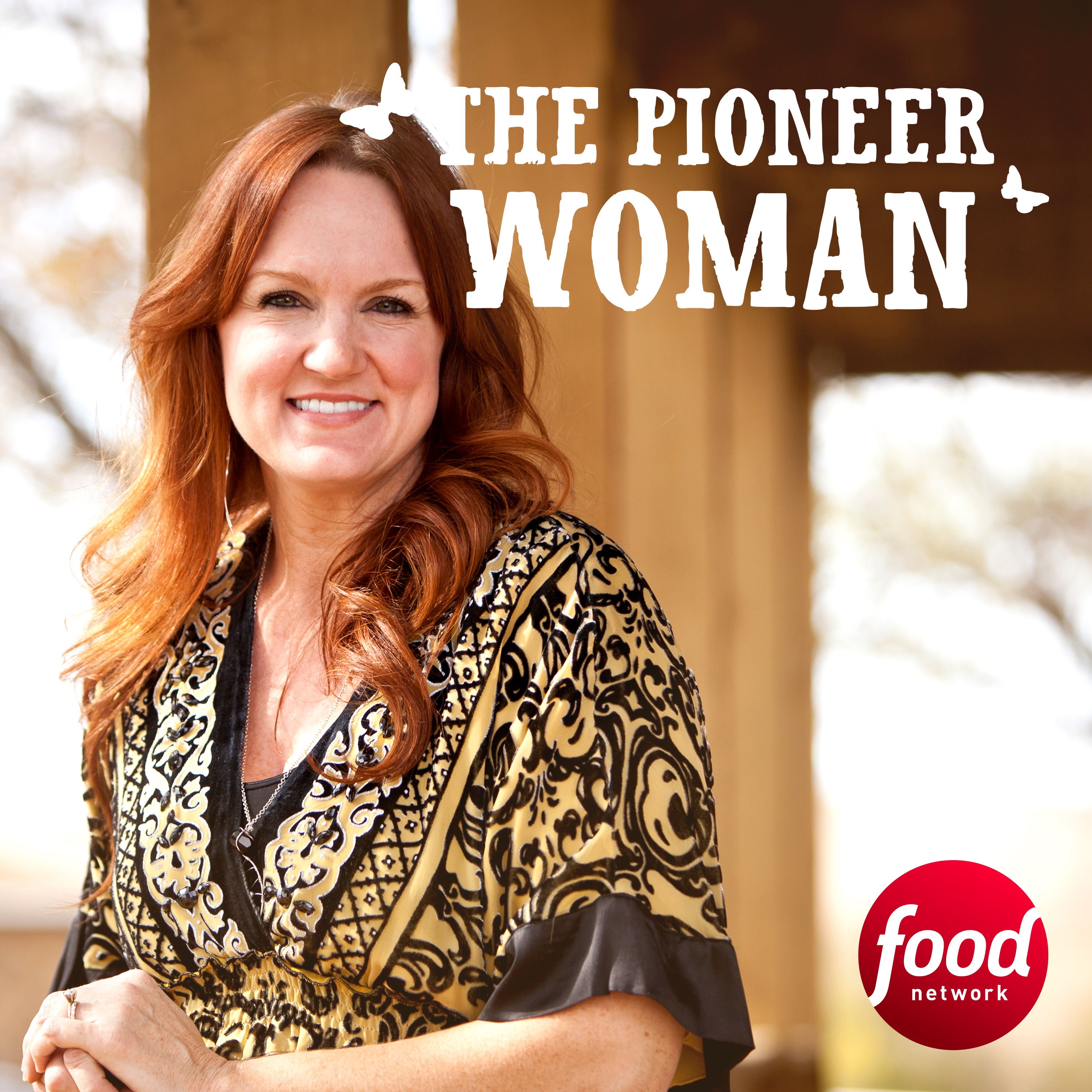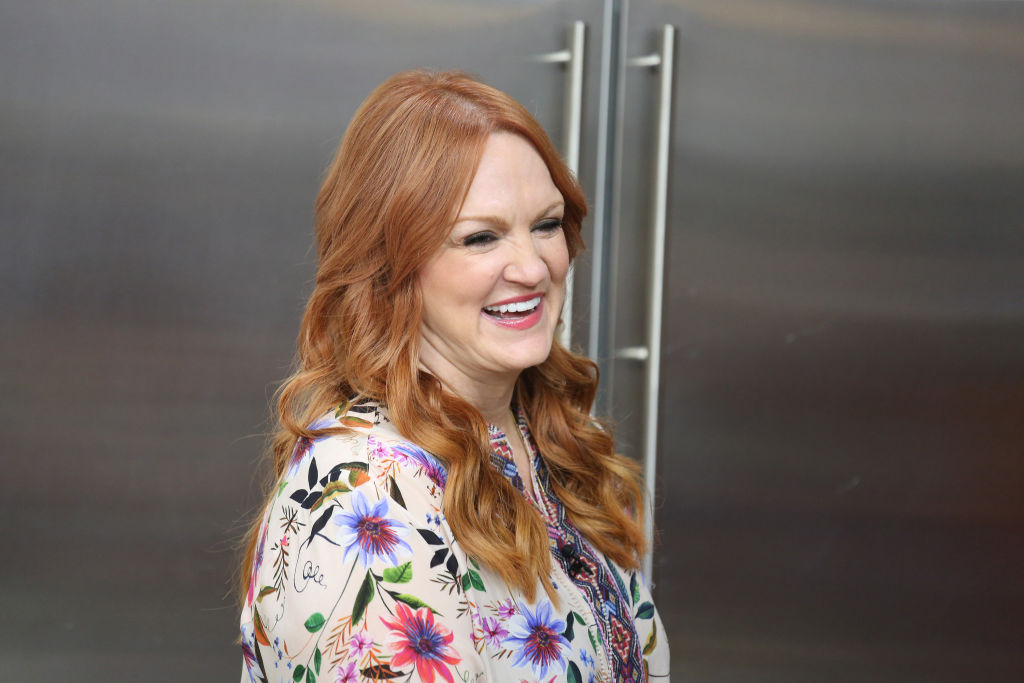Let’s talk about something that hits close to home—cancer. Not just the disease itself, but its impact on pioneers in the fight against it and how awareness has grown over the years. If you’ve ever wondered how far we’ve come and where we’re headed, this is your chance to dive deep into the journey of those who’ve made a difference. Buckle up, because we’re about to take an insightful look into the pioneer woman cancer impact and awareness.
When it comes to cancer, there’s no denying that the conversation has evolved. From being a taboo topic to becoming a global movement, we owe a lot to the women who dared to stand up and speak out. These pioneers didn’t just fight for themselves; they fought for everyone affected by the disease. And let’s not forget, awareness isn’t just about wearing ribbons—it’s about action.
This article isn’t just another piece of content; it’s a tribute to the women who’ve paved the way for better understanding, treatment, and support. Whether you’re here to learn, support, or simply gain perspective, you’re in the right place. Let’s explore how these incredible women have shaped the landscape of cancer awareness.
Read also:Rita Faez Nude An Indepth Look At Her Life And Career
Table of Contents
- Biography of a Pioneer Woman
- The Impact of Cancer on Pioneering Women
- How Awareness Has Grown Over Time
- Building Stronger Support Systems
- Medical Advancements in Cancer Treatment
- Community Efforts in Cancer Awareness
- Personal Stories of Courage
- Challenges Faced in the Fight Against Cancer
- The Future Direction of Cancer Awareness
- A Call to Action for Everyone
Biography of a Pioneer Woman
Who Are These Women?
Let’s start with the basics. Who exactly are these pioneer women? They’re not just names in history books; they’re real people who’ve faced unimaginable challenges and emerged stronger. These women have dedicated their lives to raising awareness, advocating for better treatments, and supporting others who’ve been affected by cancer.
Take, for instance, Susan G. Komen. Her legacy isn’t just about the foundation named after her—it’s about the millions of lives she’s touched. Or how about Shirley Temple Black? You might know her as the iconic child star, but she was also a trailblazer in breast cancer advocacy. These women didn’t shy away from the tough conversations. Instead, they leaned in and made sure their voices were heard.
Here’s a quick look at some of their backgrounds:
| Name | Born | Occupation | Contribution |
|---|---|---|---|
| Susan G. Komen | 1945–1980 | Advocate | Founded the Susan G. Komen Foundation |
| Shirley Temple Black | 1928–2014 | Actress & Advocate | Pioneered breast cancer awareness |
| Marilyn Monroe | 1926–1962 | Actress & Philanthropist | Supported cancer research |
The Impact of Cancer on Pioneering Women
Cancer doesn’t discriminate. It affects everyone, regardless of age, gender, or background. But for these pioneering women, the impact goes beyond the physical. It’s about the emotional toll, the societal stigma, and the fight to break through it all.
When Shirley Temple Black announced her breast cancer diagnosis in 1972, it was a bold move. At a time when cancer was still considered a private matter, she chose to speak openly about her experience. This act of bravery paved the way for countless others to do the same. And let’s not forget Susan G. Komen, whose untimely death from breast cancer inspired her sister to create one of the largest cancer advocacy organizations in the world.
Read also:All About Aditi Mistry Pron A Comprehensive Guide
Emotional and Social Challenges
But it’s not all about the headlines. Behind the scenes, these women faced incredible challenges. From dealing with societal expectations to overcoming personal fears, their journey wasn’t easy. And yet, they persevered. They turned their pain into purpose, using their experiences to help others.
How Awareness Has Grown Over Time
Fast forward to today, and the landscape of cancer awareness has changed dramatically. What started as a whisper has turned into a roar. Thanks to the efforts of these pioneering women, we now have global campaigns, fundraising events, and a more informed public.
Take the Pink Ribbon campaign, for example. It’s become a symbol of hope and solidarity for millions around the world. But it’s not just about the ribbons—it’s about the conversations they spark. From social media campaigns to community events, awareness has grown in ways that were once unimaginable.
Technology’s Role in Awareness
And let’s not forget the role of technology. Social media platforms like Instagram and Twitter have given a voice to those who might otherwise have gone unheard. Hashtags like #CancerAwareness and #FightLikeAGirl have mobilized entire communities, creating a global network of support.
Building Stronger Support Systems
But awareness alone isn’t enough. We need systems in place to support those affected by cancer. And that’s where these pioneering women come in again. They’ve worked tirelessly to create support networks, from peer counseling to financial assistance programs.
For example, the Susan G. Komen Foundation offers grants to organizations that provide free mammograms and screenings. These programs ensure that everyone, regardless of their financial situation, has access to the care they need. And it’s not just about treatment—it’s about holistic support, from mental health resources to survivorship programs.
Medical Advancements in Cancer Treatment
Of course, no conversation about cancer would be complete without talking about the advancements in treatment. Thanks to research funded by organizations like the Komen Foundation, we’ve seen breakthroughs in early detection, targeted therapies, and personalized medicine.
But it’s not just about the science. It’s about the people behind it. Researchers, doctors, and advocates are all working together to find better solutions. And while there’s still a long way to go, the progress we’ve made is undeniable.
Key Statistics to Know
- Early detection increases survival rates by up to 90%.
- Targeted therapies have reduced mortality rates in certain cancers by 30%.
- Personalized medicine is becoming more accessible, thanks to advancements in genetic testing.
Community Efforts in Cancer Awareness
Communities play a crucial role in the fight against cancer. From local support groups to global fundraising events, everyone has a part to play. And these efforts wouldn’t be possible without the leadership of pioneering women.
Take the Relay for Life event, for example. Started by a single doctor in 1985, it’s now a worldwide phenomenon that raises millions for cancer research. And it’s not just about the money—it’s about bringing people together to honor those we’ve lost and celebrate those who’ve survived.
How You Can Get Involved
So, how can you make a difference? Whether it’s volunteering at a local event, donating to a reputable organization, or simply spreading awareness, every action counts. And who knows? You might just be the next pioneer in the fight against cancer.
Personal Stories of Courage
Finally, let’s take a moment to hear from those who’ve been on the frontlines. Personal stories have a way of humanizing the statistics and reminding us why the fight matters. From survivors to caregivers, these stories are a testament to the strength and resilience of the human spirit.
One such story is that of Lisa, a breast cancer survivor who found solace in a support group. “When I first heard my diagnosis, I felt like my world had ended,” she says. “But joining the group gave me a sense of community and hope. It showed me that I wasn’t alone.”
Why Stories Matter
Stories like Lisa’s remind us that awareness isn’t just about numbers—it’s about people. It’s about the lives we touch and the impact we make. And that’s what these pioneering women have achieved—making sure no one feels alone in their fight.
Challenges Faced in the Fight Against Cancer
Of course, the journey isn’t without its challenges. From funding shortages to disparities in care, there’s still much work to be done. But the good news is that we’re not giving up. These challenges only fuel our determination to do better.
And let’s not forget the emotional toll on caregivers and family members. The fight against cancer isn’t just about the patient—it’s about everyone involved. Which is why support systems are so crucial. They provide a lifeline when things feel overwhelming.
The Future Direction of Cancer Awareness
So, where do we go from here? The future of cancer awareness looks bright, thanks to the efforts of these pioneering women and the countless others who’ve joined the fight. We’re seeing more emphasis on prevention, early detection, and personalized care.
And with advancements in technology and research, the possibilities are endless. But it’s not just about the science—it’s about the people. It’s about continuing to build communities, raise awareness, and support those in need.
What’s Next?
The next frontier in cancer awareness may very well be in personalized medicine. With genetic testing becoming more accessible, we’re on the cusp of a new era in treatment. But it’s not just about the technology—it’s about ensuring that everyone has access to it.
A Call to Action for Everyone
So, what can you do? Whether you’re a survivor, a caregiver, or simply someone who wants to make a difference, there’s a place for you in this fight. Start by educating yourself, spreading awareness, and supporting organizations that align with your values.
And remember, every action counts. From volunteering your time to donating your resources, you have the power to make a difference. Let’s honor the legacy of these pioneering women by continuing the fight and ensuring that no one faces cancer alone.
In conclusion, the insightful look into the pioneer woman cancer impact and awareness shows us that progress is possible when we come together. These women have shown us that courage, resilience, and determination can change the world. So, let’s keep the momentum going and make sure their legacy lives on.
Leave a comment below and share your thoughts. Or better yet, share this article with someone who needs to hear it. Together, we can make a difference. Let’s keep the conversation going!


